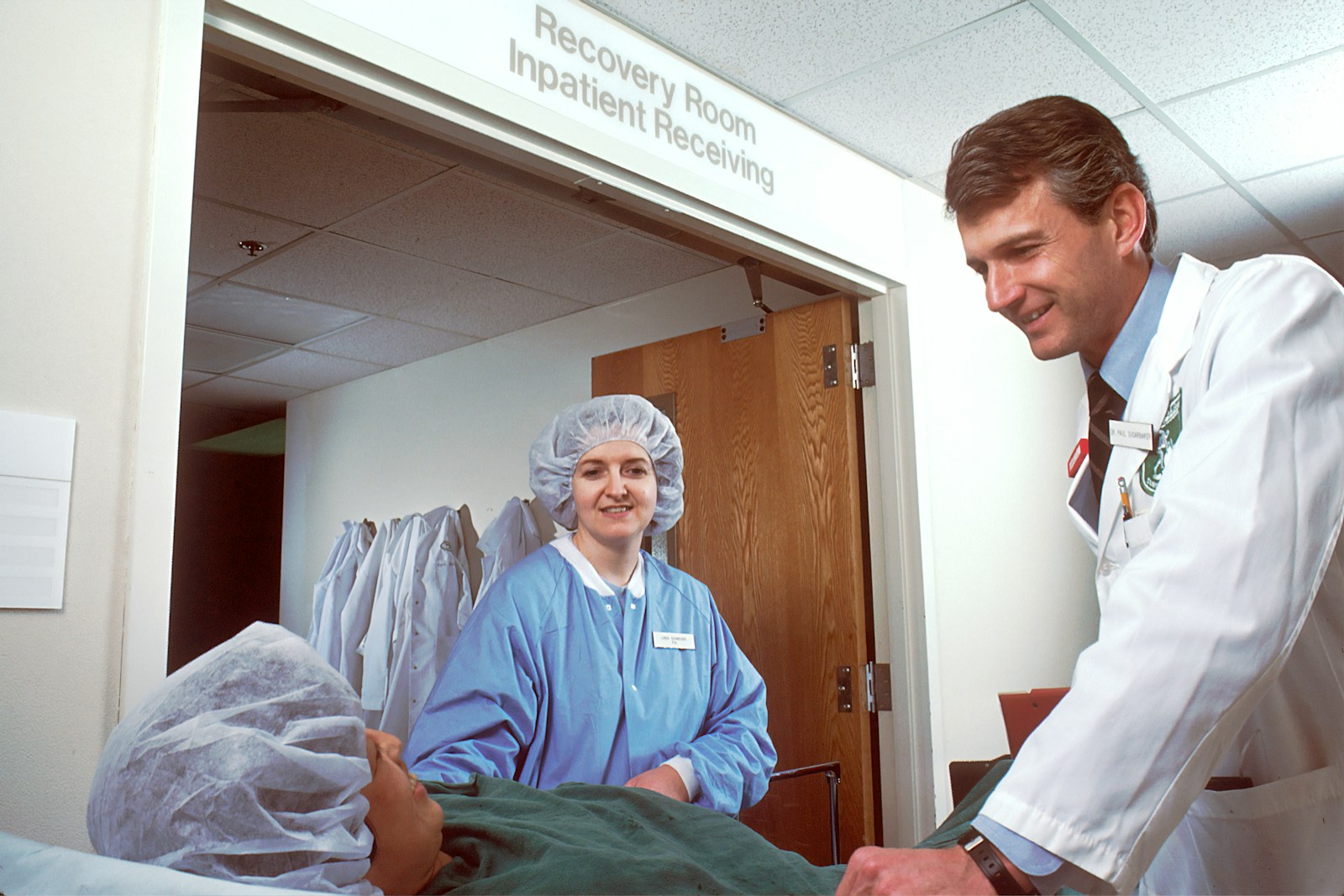Welcome to an explorative journey into the world of healthcare, specifically focusing on one of its most crucial components—patient registries. In this piece, we'll unravel what patient registries are, delve into why they are so important, and illuminate how they can be effectively used within healthcare systems.
Designed to both inform and engage, our article aims to provide you with deep insights without assuming any prior knowledge of medical treatments or healthcare protocols. Whether you're someone curious about the advancements in healthcare, a student diving into medical research, or just looking to broaden your knowledge, this piece is crafted for you. So, let's embark on this educational venture, breaking down complex concepts into understandable nuggets of information.
What Are Patient Registries and Their Role in Modern Healthcare

Patient registries are essential tools in healthcare, serving as systematic collections of data related to patients with specific diagnoses, conditions, or undergoing certain treatments.
These databases are meticulously designed to gather standardized information that's vital for clinical research, determining best practices, and improving patient outcomes. In modern healthcare, patient registries play a pivotal role by enabling healthcare providers to monitor the effectiveness of care, identify potential areas for intervention, and facilitate advanced research into the epidemiology of diseases.
By aggregating and analyzing patient data, registries provide insights that contribute significantly to the enhancement of healthcare quality and efficiency. Essentially, they bridge the gap between clinical research and real-world practice, ensuring that healthcare delivery is both evidence-based and patient-centered.
Unlocking the Mysteries: Why Are Patient Registries Important?
Understanding the importance of patient registries unveils their capability to transform healthcare landscapes. These registries are pivotal for multiple reasons.
Primarily, they facilitate a deeper understanding of long-term outcomes for various treatments and medical interventions, providing a treasure trove of data that can lead to more effective and personalized patient care strategies. Secondly, patient registries are instrumental in identifying trends and patterns in disease progression, allowing for the development of preventive measures or early intervention techniques.
They also play a crucial role in enhancing patient safety by tracking the effectiveness and potential side effects of medications and treatments over extensive periods. By enabling healthcare professionals and researchers to access comprehensive data, patient registries support evidence-based medicine, ultimately elevating the quality of care and improving health outcomes for patients across the globe.
A Closer Look at Patient Registries: Types and Functions

Patient registries can be broadly categorized based on their purpose and the nature of data they collect. Disease registries, one of the most common types, focus on collecting information related to specific diseases or conditions, aiding in understanding their progression and impact. Treatment registries gather data concerning the outcomes and side effects of various treatments, providing invaluable insights for clinical decision-making.
Another notable type includes product registries, which track the use and effects of medical devices or drugs, enhancing safety and efficacy monitoring.
The functions of these registries are multifaceted, ranging from supporting clinical research and improving healthcare delivery to informing policy decisions and facilitating public health initiatives. By aggregating detailed patient information, registries enable healthcare stakeholders to analyze trends, assess care strategies, and implement improvements, thereby playing a critical role in advancing medical practice and patient care.
How to Use Patient Registries to Enhance Healthcare Delivery
Leveraging patient registries effectively can significantly improve healthcare delivery by guiding informed clinical decisions and policy-making. To harness their full potential, healthcare providers can utilize these registries to identify gaps in care, monitor patient outcomes, and tailor treatment plans to meet individual patient needs more accurately.
Medical researchers can analyze registry data to explore the effectiveness of treatments across different population subsets, thereby contributing to the evidence base for personalized medicine.
Additionally, healthcare systems and policymakers can use registry insights to allocate resources more efficiently and develop targeted healthcare initiatives that address pressing public health issues. By fostering a culture of continuous learning and adapting to insights gained from patient registries, healthcare professionals can not only enhance care quality but also boost patient satisfaction and outcomes, making healthcare more responsive and patient-centered.
The Future of Healthcare: Innovations and Improvements Through Patient Registries

As healthcare continues to evolve, patient registries are set to play an even more critical role in shaping its future. The integration of advanced technologies such as artificial intelligence and machine learning with patient registry data is anticipated to unlock new frontiers in healthcare analytics, offering more profound insights into disease patterns, treatment outcomes, and patient experiences.
This synergy could lead to the development of predictive models that identify at-risk patients earlier and recommend preventative measures, thus shifting the healthcare paradigm from reactive to proactive.
Furthermore, the potential for enhanced data sharing and collaboration among healthcare providers worldwide could accelerate the pace of medical research, leading to quicker discoveries of breakthrough treatments and interventions. As patient registries grow more sophisticated and comprehensive, their impact on healthcare innovation and improvement is bound to increase, heralding a new era of data-driven and patient-centric care.